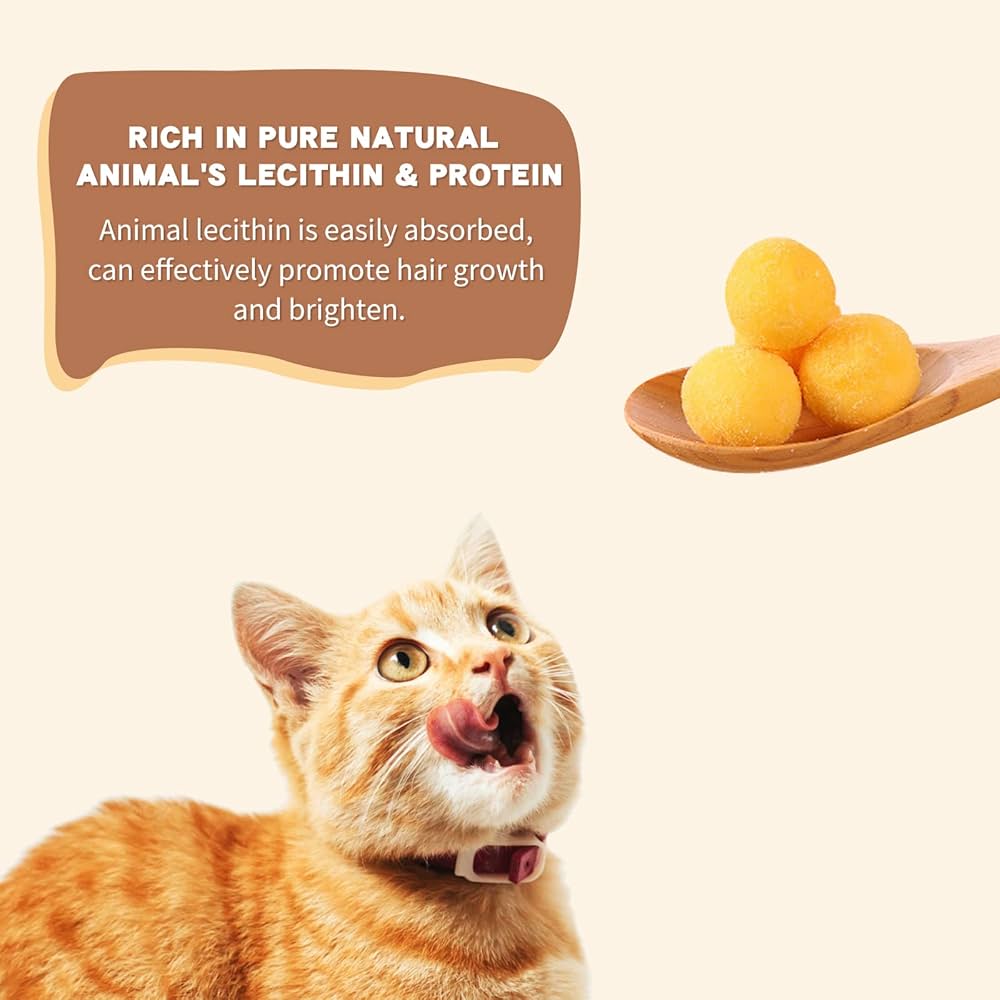
Effective Ways to Optimize Your Cat's Urinary Diet in 2025
Understanding the Importance of a Specialized Urinary Diet
As cat owners, the well-being of our feline friends is a top priority, especially when it comes to their urinary health. A specialized urinary diet for cats can play a crucial role in preventing conditions such as urinary tract infections and urinary obstructions. In 2025, there is a growing awareness of how cats' diets influence their overall health, particularly for those prone to urinary issues. By optimizing your cat's diet, you are not only ensuring their comfort but also their longevity.
Many cat food brands now offer specific formulations aimed at improving feline urinary health. Important ingredients such as low magnesium and balanced protein levels help maintain a healthy urinary pH, which is critical in preventing urinary-related problems. A meticulously curated feline diet plan that incorporates these aspects can lead to improved hydration and less risk of urinary complications.
In this article, we will explore the key components of an optimized cat food for urinary tract health, discuss the benefits of wet versus dry food, and share recommendations for products and practices that support urinary health in your cat.
Choosing the Right Cat Food for Urinary Health
Exploring Prescription Diet Options
For cats that suffer from recurrent urinary issues, a prescription cat diet may be necessary. These diets are formulated to reduce the risk of urinary tract issues by balancing nutrients that affect urinary pH levels. Typically high in moisture and low in magnesium, these diets help dissolve struvite stones and promote a healthy urinary tract.
Consult with your veterinarian to determine whether a prescription diet is appropriate. They can recommend a vet-recommended cat food that suits your cat's specific needs, ensuring both high quality and relevant nutritional value. Feeding your cat food that is specifically designed for urinary health can be a game changer in preventing serious conditions.
Transitioning your cat to a new diet should be gradual to avoid digestive upset. Mix the old and new foods over a week-long period, gradually increasing the proportion of new food.
Wet Food vs. Dry Food: What’s Best for Urinary Health?
When considering optimal nutrition for your cat, a common dilemma is whether wet food for cats or dry cat food is better. Wet food often contains higher moisture content which can significantly improve your cat's hydration levels—a crucial aspect of maintaining urinary health. This is essential because dehydration is a major contributing factor to urinary problems in felines.
While dry cat food offers convenience and has its benefits—like dental health advantages due to the crunch factor—many veterinarians advocate for a wet-focused diet to ensure adequate fluid intake. Additionally, high moisture options tend to be more palatable to cats, which can encourage them to eat more and stay hydrated.
For those concerned about the calories in cat kibble, balancing wet and dry options can provide a satisfying compromise, allowing you to tailor a diet that meets your cat's needs.
Prioritizing Nutritional Quality
Selecting high-quality ingredients is vital when choosing food for urinary health. Focus on high-quality cat food that lists real meat as the first ingredient and avoids fillers and artificial additives. Ingredients should foster overall health by providing essential nutrients beneficial for urinary health, such as protein and fiber.
Look for nutritionally complete cat foods that have undergone veterinary evaluations. They should contain low levels of ash to help reduce the risk of mineral buildup that leads to urinary tract issues. Additionally, keep an eye on fiber content—appropriate fiber can aid in digestion and help prevent obesity, hence supporting urinary health indirectly.
It’s essential to check the labels of commercial cat food carefully. Understanding ingredients will help you make the best decisions for your cat’s health. Also, consider incorporating occasional urinary care cat treats that are specifically designed to support urinary health.
Enhancing Hydration for Better Urinary Health
Hydration Techniques for Optimal Health
Hydration is crucial in preventing urinary tract infections in cats. Many owners overlook this fundamental aspect of< strong>cat hydration—increased fluid consumption can significantly lower the risk of urinary issues. Encourage your cat to drink more water by providing several water bowls throughout your house, ensuring fresh water is always available.
Additionally, automated water fountains can attract cats by providing a constant flow of fresh water. Cats are instinctively drawn to moving water, and this simple change can lead to increased hydration and a healthier urinary tract.
Another method includes integrating more wet food into their diet, as discussed previously. High moisture cat food helps keep their urinary tract flushed and functioning optimally. If your cat seems reluctant to drink, consider adding water or low-sodium broth to their dry food to increase fluid intake.
Monitoring and Recognizing Urinary Issues
As a responsible cat owner, being vigilant about recognizing potential signs of urinary distress is crucial. Noticing any change in your cat’s litter box habits or behaviors can be your first line of defense in addressing urinary problems early. Common indicators include straining to urinate, frequent attempts with little results, blood in the urine, or any signs of discomfort.
Ensuring regular vet consultations for your cat’s diet can also eliminate uncertainties regarding any health concerns. Learning about common urinary issues in cats can prepare you to recognize symptoms early and adjust their diet according to your vet’s recommendations.
Incorporating Supplements for Enhanced Urinary Support
Feline Health Supplements to Consider
Supplements designed specifically for feline urinary health can provide an added layer of support to your cat's diet. These might include specific urinary health supplements that can help maintain proper urinary pH levels and promote overall health. Always choose supplements that are labeled safe for cats and are from reputable brands.
Consulting a veterinarian before introducing any new supplements is crucial, especially for cats with pre-existing health conditions. They'll assess your cat’s individual health needs and advise on the most beneficial products.
Additionally, some natural remedies, such as cranberry extract, have been shown to support urinary tract health. However, using these should always be supported by professional advice to avoid any potential interactions with existing medications or health issues.
Creating a Balanced Cat Meal Plan
Formulating a balanced diet for cats tailored to your feline's specific needs can facilitate their overall health and wellbeing. A strategically designed meal plan should take into consideration age, weight, activity level, and health status. For instance, senior cats or those with specific health issues might benefit from a low-protein or low-sodium diet.
Before making dietary changes, understanding the components of cat food can clarify what your pet requires. Emphasize high-quality, grain-free, or low magnesium options based on your veterinarian's specific guidance to address your cat's unique dietary requirements.
Q&A Section: Common Questions About Cat Dietary Needs
What should I do if my cat refuses to eat?
It's essential first to determine if there are underlying health issues causing the loss of appetite. Ensuring you have a variety of food types on hand may help encourage eating. Sometimes, warming up wet food or offering tasty toppings can stimulate appetite.
How can I tell if my cat’s urinary issues are serious?
Look out for signs such as blood in the urine, straining, or extended attempts to urinate. If these symptoms arise, contact your veterinarian immediately.
Are there specific treats I can give for urinary health?
Yes, many brands offer urinary care cat treats designed to support feline urinary health. Always verify these treats with your veterinarian for safety and suitability.
How often should I consult my veterinarian about my cat's diet?
Regular vet check-ups are advisable, particularly when introducing new foods or if your cat has existing health concerns. Your vet can recommend dietary adjustments as necessary based on your cat’s health and lifestyle.
What role does hydration play in preventing UTIs?
Hydration helps dilute urine, reducing the concentration of harmful substances that can lead to infections. Ensuring your cat is properly hydrated is crucial for urinary health.

